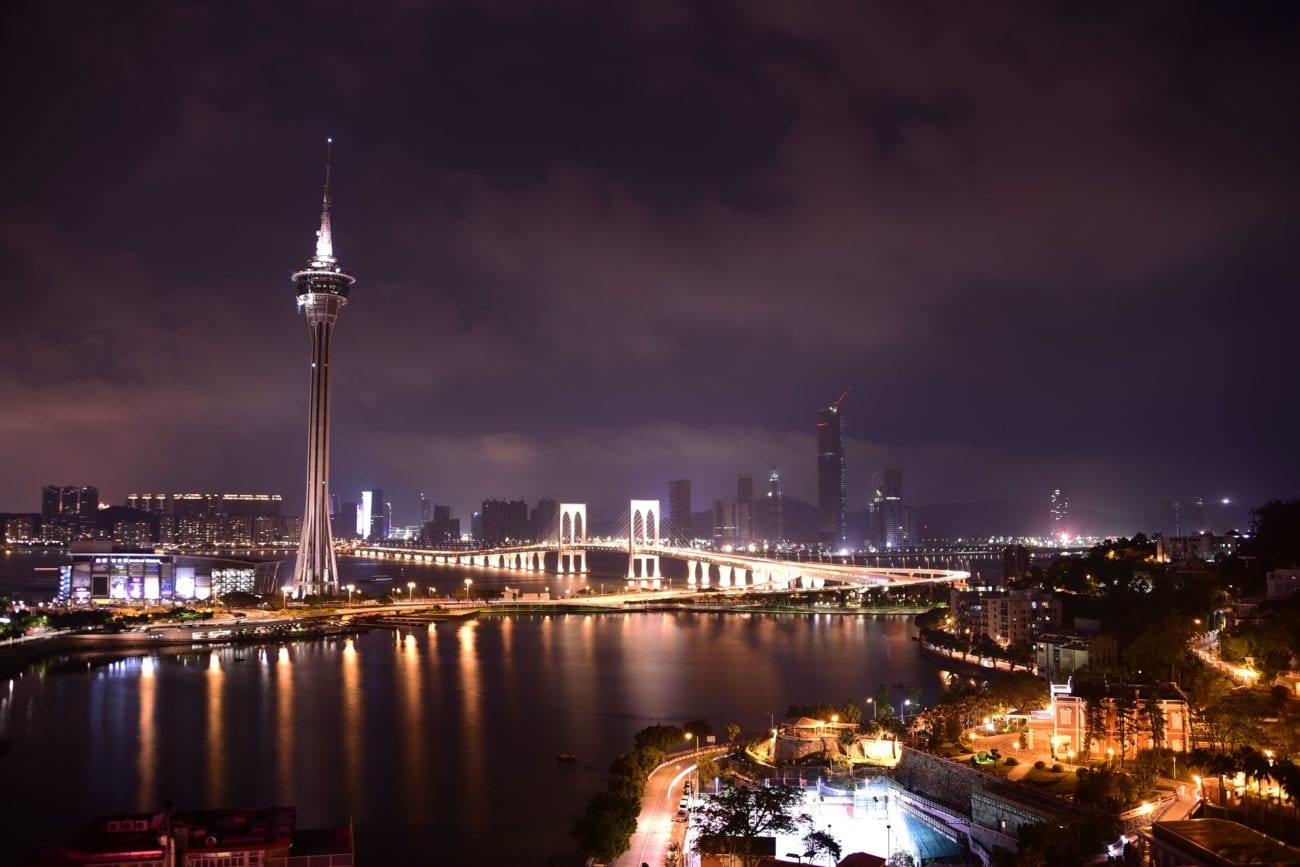Covid-19 cuts Melco revenue by 69.9% in 2020

Full-year revenue for the Asian gaming giant declined 69.9% to $1.73bn (£1.24bn/€1.43bn), with all of its venues closed as a result of Covid-19 for significant parts of the year and facing restrictions after reopening.
Its Macau and Philippines propers were worst affected. In Macau, travel bans, restrictions and quarantine requirements on visitors to and from the special administrative region slashed tourism and visitation.
None of its Macau properties – the Altira, City of Dreams or Studio City – had an occupancy rate greater than 36% for the year.
In the Philippines, operations were badly affected by an enhanced community quarantine that ran until 30 November 2020.
During this time its City of Dreams Manila property has been conducting a trial run of gaming and hospitality operations since 19 June, which is ongoing. Its occupancy rate, at 53%, was significantly better than Melco’s Macau properties, though still well down from 2019’s 98% rate.
Gaming operations in Cyprus, meanwhile, were subject to a new regional lockdown from 12 November, which has since been extended nationwide. Melco’s operations in Paphos and Limassol remain shuttered at the time of writing.
As a result operating revenue was down across the board. Casino’s contribution remained the largest at $1.47bn, though also saw the largest year-on-year decline, falling 70.4% below 2019’s total.
Hotel rooms accounted for $108.6m of Melco’s 2020 revenue, down 69.0%, while food and beverage revenue declined 68.3% to $74.5m.
Revenue from entertainment, retail and other sources was the smallest segment for the year, at $58.1m, though this also experienced the smallest year-on-year decline.
As with the majority of land-based operators, Melco saw the sharp decline in revenue accompanied by a slower drop in outgoings for the year. Total operating expenses for 2020 were down 46.5% at $2.67bn, resulting in the business swinging from an operating profit of $747.7m in 2019 to a $940.6m loss.
When items such as depreciation and amortisation, share-based compensation and developments costs were factored back in, as well as fees and levies, loss before interest, tax, depreciation and amortisation (EBITDA loss) came to $177.3m.
Financial expenses rose year-on-year to $517.0m, which resulted in a pre-tax loss of $1.46bn. This was reduced slightly by a $2.9m income tax benefit and a $191.1m contribution from Melco’s share of non-controlling interests’ profits, for a full-year net loss of $1.26bn.
This followed a fourth quarter that Melco chairman and chief executive Laurence Ho said showed a “moderate recovery” in business operations. However, revenue for the three months to 31 December was still down 63.6% year-on-year at $528.0m.
This was comprised largely of gaming revenue, which made up $440.4m of the total, down 64.7%. Hotel rooms accounted for a further $41.4m, with $26.5m coming from food and beverage, and $19.7m from entertainment, retail and other sources.
Operating expenses, meanwhile, dropped 47.3% to $672.8m, for an operating loss of $144.8m. However Q4 EBITDA remained positive, at $43.6m, though this was still down significantly from 2019’s $383.2m total.
Financial outgoings were down year-on-year, at $87.8m, for a pre-tax loss of $232.6m. This was reduced to a net loss of $199.7m after an income tax charge and a share of profits from non-controlling interests were factored in.
Looking ahead, Melco said it was difficult to say how or when it would recover from the Covid-19 pandemic. This, it explained, would be affected by multiple variables, from effective vaccination programmes, to new strains of the virus, to declines in the share of individuals’ discretionary income allocated to gaming.
However, restrictions on Macau have been slowly lifted since September 2020, when the Chinese government reinstated the individual visa scheme for the island. It was not until 23 February that the final quarantine requirements – for Shijiazhuang in Hebei province and Suihua in Heilongjiang province – were lifted.
Two key development projects have already been pushed back as a result. The second phase of construction to expand Studio City will require additional work, while it has been granted additional time to complete work on the City of Dreams Mediterranean in Cyprus.
That was originally required to be completed by 31 December 2021, though that has been pushed back to 30 September, 2022 by the government of Cyprus.
Ho added that the operator remained committed to bidding for an integrated resort licence in Japan.
“We believe our focus on the Asian premium segment, a portfolio of high-quality assets, devotion to craftsmanship, dedication to world-class entertainment offerings, market-leading social safeguard systems, established track record of successful partnerships, culture of exceptional guest service, and a continuing commitment to employee development puts Melco in a strong position to help Japan realize the vision of developing an exceptional IR with a uniquely Japanese touch,” Ho explained.
“Due to Covid-19, the process in Japan has been delayed and remains complex but has renewed momentum as jurisdictions are again initiating RFP processes. We will continue to be patient as we evaluate the landscape to ensure that Melco pursues the right opportunity that takes advantage of Melco’s core strengths to drive strong value creation.”
